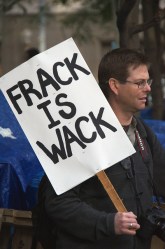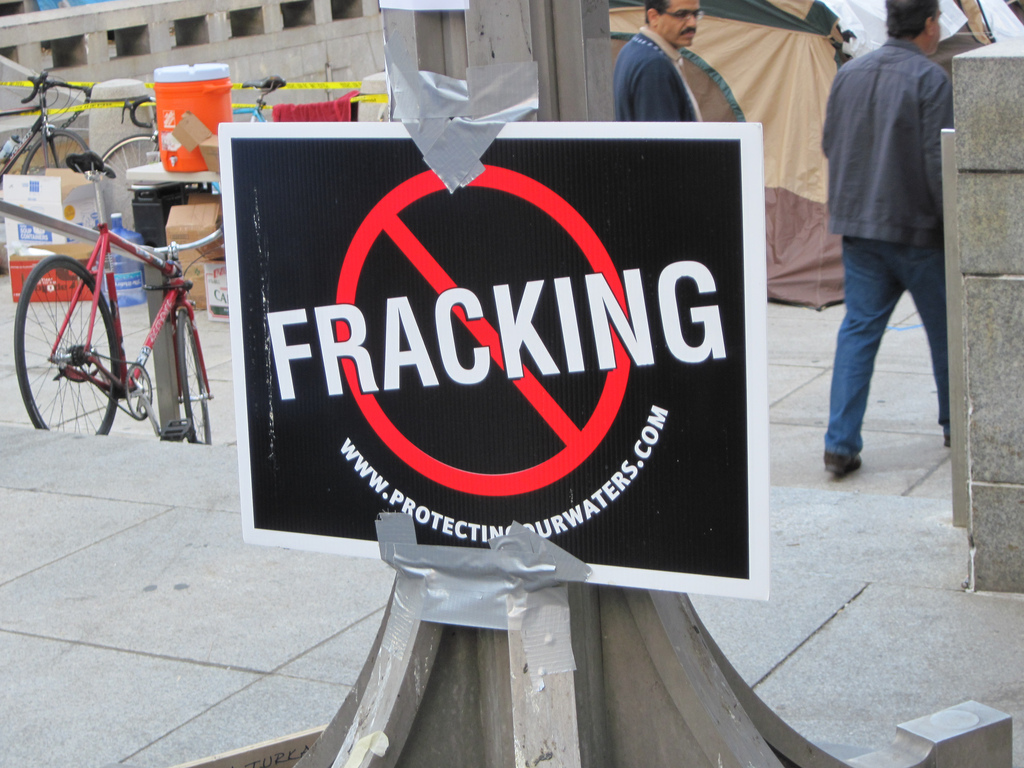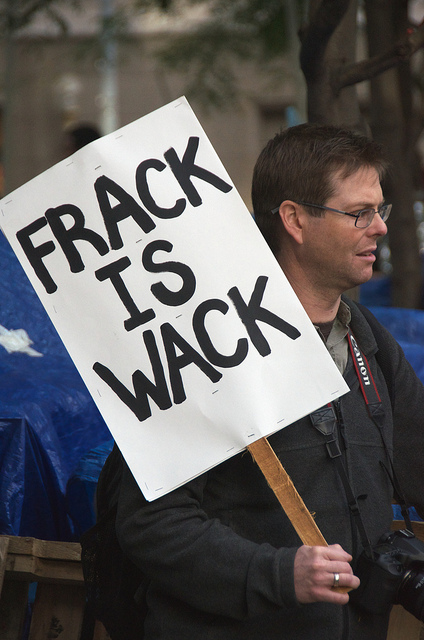
Ed YourdonJust how wack is it? The jury’s out.
Some seemingly happy news about fracking emerged this week: The EPA has lowered its estimate of how much methane escapes during the production of natural gas, down about 20 percent from previous estimates.
If the EPA is right, that’s good, because methane is a particularly potent greenhouse gas. If we’re going to frack for natural gas (which is mostly methane), we want to be burning that gas for energy rather than having a bunch of it escape into the atmosphere.
But not everyone buys the EPA’s new numbers.
The scope of the EPA’s revision was vast. In a mid-April report on greenhouse emissions, the agency now says that tighter pollution controls instituted by the industry resulted in an average annual decrease of 41.6 million metric tons of methane emissions from 1990 through 2010, or more than 850 million metric tons overall. …
The EPA said it made the changes based on expert reviews and new data from several sources, including a report funded by the oil and gas industry. But the estimates aren’t based on independent field tests of actual emissions, and some scientists said that’s a problem.
Robert Howarth, a Cornell University professor of ecology who led a 2011 methane leak study that is widely cited by critics of fracking, wrote in an email that “time will tell where the truth lies in all this, but I think EPA is wrong.”
Howarth said other federal climate scientists from the National Oceanic and Atmospheric Administration have published recent studies documenting massive methane leaks from natural gas operations in Colorado and other Western states.
Howarth wrote that the EPA seems “to be ignoring the published NOAA data in their latest efforts, and the bias on industry only pushing estimates downward — never up — is quite real. EPA badly needs a counter-acting force, such as outside independent review of their process.”
The natural gas industry points out that switching to its product is better for the climate than burning coal, and it has a point — natural gas power plants emit about half as much greenhouse gases as coal plants. But methane leakage during the fracking process could undermine those GHG savings. Also, while cheap gas is cutting into coal’s market share, it’s also making it harder for renewables to compete.
The natural gas industry is, of course, feeling vindicated by EPA’s revised numbers. Steve Everley with Energy In Depth, an industry-funded group, told the AP that “the methane ‘leak’ claim just got a lot more difficult for opponents” of natural gas to make.
But this dispute is far from settled, so neither side should get too happy yet.



